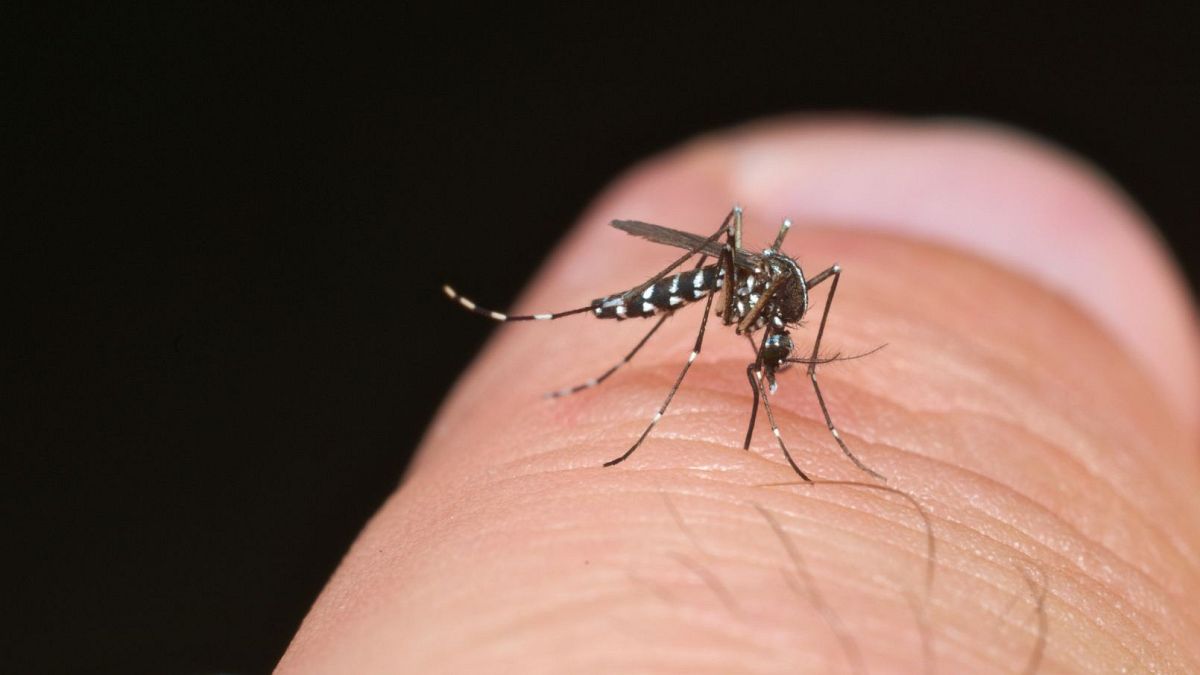ADVERTISEMENT
Europe is seeing “record breaking outbreaks” this summer of the mosquito-borne illnesses West Nile virus and chikungunya, health authorities have warned.
The continent’s mosquito season is becoming “longer and more intense” as temperatures rise, winters are more mild, and rainfall patterns shift – creating the perfect conditions for mosquitoes to proliferate and spread viruses, according to the European Centre for Disease Prevention and Control (ECDC).
Health and climate scientists have also warned that mosquito-borne illnesses could become endemic in Europe as a result of climate change.
“Europe is entering a new phase – where longer, more widespread, and more intense transmission of mosquito-borne diseases is becoming the new normal,” ECDC Director Pamela Rendi-Wagner said in a statement.
There have been 27 chikungunya outbreaks so far in 2025, which is a new record for the continent, the agency said. There have been 335 cases of West Nile virus, which is the highest level in three years.
Those tallies span the European Union and a few other countries in mainland Europe.
ECDC officials expect these figures to continue rising in the coming weeks. Infections typically peak from July to September.
The mosquito that spreads chikungunya, known as Aedes albopictus or the Asian tiger mosquito, has now been found in 16 European countries and 369 regions, up from 114 regions a decade ago, according to the ECDC.
Meanwhile, West Nile virus infections are reported in new regions every year. In 2025, that includes Sălaj County in Romania and the Latina and Frosinone provinces of Italy, where at least 10 people have died from the virus.
“As the mosquito-borne disease landscape evolves, more people in Europe will be at risk in the future,” said Dr Céline Gossner, who leads the ECDC’s food-, water-, vector-borne and zoonotic diseases section.
Most people infected with West Nile virus will have no symptoms, but some will develop life-threatening complications such as encephalitis, which is inflammation of the brain, or meningitis, which is inflammation of the protective membranes around the brain and spinal cord.
Chikungunya can cause fever, nausea, headache, fatigue, rash, muscle aches, joint swelling, and joint pain, which can be debilitating and long-lasting.
There are no specific treatments for chikungunya or West Nile virus. Two chikununya vaccines have been approved in the European Union, but there is no vaccine that protects against West Nile virus.
That’s why prevention is seen as a critical way to curb the spread of these viruses.
Gossner said countries should “strengthen and scale up efficient, environmentally friendly mosquito control interventions”.
People can also take steps to minimise mosquito bites. The ECDC said that in areas where infected mosquitoes are common, people should use mosquito repellent, wear long sleeves and trousers around dawn and dusk, and use air conditioning, fans, bed nets, and window screens.
